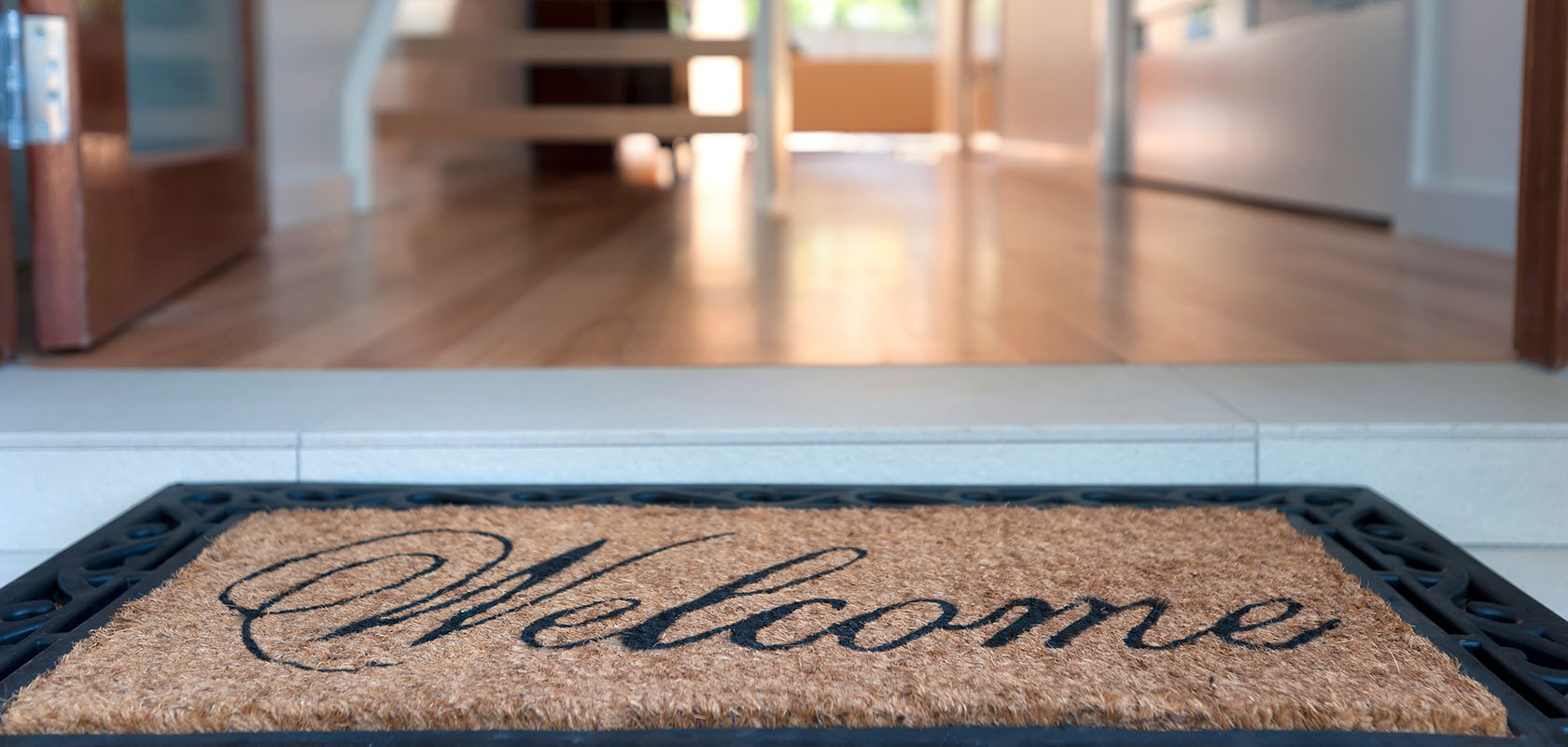You’ve taken the leap of homeownership, but now you’re wondering if you should refinance. How to know when the timing is right and if refinancing will save you money in both the long and short term.
Should You Refinance? The Pros and Cons to Help You Decide

What is Refinancing?
Refinancing your mortgage is the process of replacing your current home loan for a new one. Your new loan will pay off your current loan and you will start paying the new loan. When refinancing, you can change lenders or stay with your current lender.
There can be several reasons to refinance including: Shortening the term of your loan, lowering your rate and/or monthly payment, or cashing out your home equity for other uses.
First, it’s important to evaluate all your refinancing loan options to see if the savings are worth it on both a monthly basis and over the life of the loan.
Don’t Forget to Account for All Costs
Prepayment Penalties
Before you start the refinance process, check your current loan for a prepayment penalty. If you refinance and pay your current loan off early, a prepayment penalty could add a costly fee that reduces – or even eliminates – your overall savings. Accounting for this fee from the start can help prevent a budget-busting surprise.
Closing Costs
Refinancing also means you’ll need to pay closing costs again. These upfront costs include appraisals, credit fees, lender fees, escrow and title fees, and insurance and taxes. If you don’t have the cash on hand, closing costs can be added to your loan amount. If you’re considering whether refinancing is a financially sound move, here’s an easy test: if you can recoup your closing costs in monthly savings in under four years, and you will be in the house longer than this, refinancing is a smart move. If it takes longer than this to recoup your closing costs in monthly savings, it might not be the best choice for you right now, unless your are doing a cash out refinance and need the funds for a project or large expense.
Taxes & Insurance Costs
As you evaluate your refinancing costs, be sure to add your real estate taxes and home insurance costs into your calculations. If you leave these numbers out, you might not be comparing apples to apples or have the full picture of your monthly costs and savings.
Refinancing to a Lower Rate
As mortgage rates change it can be especially tempting to refinance, but it’s important to remember your mortgage costs aren’t limited to your interest rate and simply getting a lower rate won’t necessarily save you money over the life of your loan. If your interest rate would only change slightly, it may not be worth refinancing right now.
In addition to lowering your monthly payment, refinancing to a lower interest rate while maintaining a similar payment amount as before can help you build equity in your home more quickly because you’re paying the principal balance down faster. But remember, refinancing may extend your mortgage and could end up costing you more in interest. If your current loan only has 20 years left, refinancing to a new 30-year loan may save you each month but adding another 10 years to your mortgage could mean higher costs in the end. You also pay more interest at the start of a new loan. If possible, keep the length of your loan shorter so you still pay your mortgage off in the same amount of time.
To save even more over the life of your loan, you can choose to put the extra savings from your refinance into an extra principal payment each month. If you can afford it, this can help pay your home off that much faster and your monthly finances will likely remain unaffected.
Refinancing to a Shorter Term
If you have room in your budget, you might consider refinancing to a shorter term loan of 10 to 15 years that carries a lower rate. Moving to a shorter loan will likely mean higher monthly costs, but your home will be paid off more quickly and it will cost you less interest overall.
Cash-Out Refinance
If you have equity in your home, you can get a cash-out refinance and use the cash to pay for home improvement projects or consolidate debt from credit cards, multiple mortgages or lines of credit.
Keep in mind, the equity you have in your home will drop if you choose a cash-out loan. For example, if your home is worth $250,000 today and your remaining principal is $150,000, then you have $100,000 in equity. If you take out $50,000 in cash with your cash-out refinance, you now have $50,000 in home equity.
If you use the money for home improvement, you may recoup some of the lost equity. On the other hand, if you choose to use the money to consolidate your debt from high-interest rate credit cards, it’s important to make sure you don’t charge too much on your credit cards again and risk losing your refinance savings.
Move to Greater
With decades of experience on our team, we have seen it all (almost everything, at least), and we regularly share our thoughts on a wide array of mortgage topics that could affect you as a new or existing homeowner. We also spotlight the incredible achievements of our team and clients because good news is meant to be shared.

